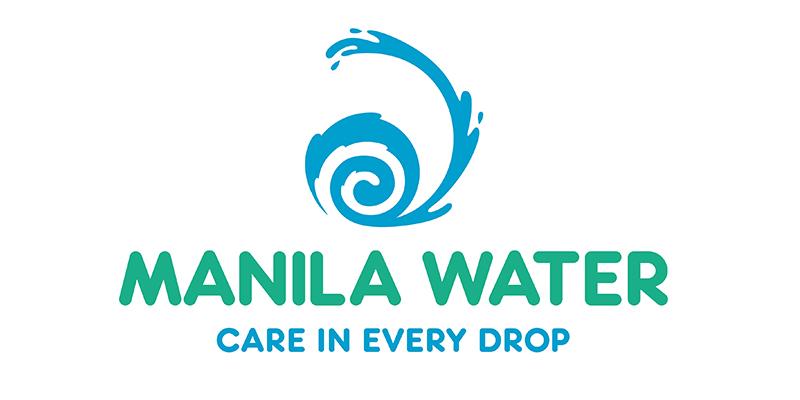
DOES MY CREDIT CARD’S INTEREST RATE MATTER?
Vault’s Viewpoint
- In most cases, you won’t be charged interest if you pay your credit card’s statement balance in full each billing cycle.
- If you’re not being charged interest, your credit card’s interest rate doesn’t matter.
- If you do carry a balance from month to month, your credit card’s interest rate is important because it impacts how much you’ll pay.
When Your Credit Card Interest Rate Matters
If you use your credit card to pay for purchases over time, your interest rate can make the difference of hundreds or thousands of dollars you owe. A credit card’s interest rate is essentially how much it costs to borrow money, and a higher rate means it’s more expensive to borrow.
For example, say you charge $5,000 to your credit card in one billing cycle. If you don’t pay for the entire $5,000 on or before that billing cycle’s due date, whatever balance remains will accrue interest. Using that $5,000 example and a 17% interest rate, your balance would accumulate $70.34 in interest charges after one billing cycle.
And because credit card interest compounds daily, you’d be charged interest on that interest as days pass, which is how debt can grow exponentially and spiral out of control. If you paid just the minimum payment—say, 2.5% of the balance—it would take over 20 years to pay off that $5,000. You’d also end up paying $11,045 in total, more than double the original amount you borrowed.
That’s why it’s important to secure the lowest credit card APR possible if you plan to carry a balance. In the same scenario but with a 10% interest rate, you would pay off your balance in 14 years and pay $7,333 total.
When Your Credit Card Interest Rate Doesn’t Matter
Your credit card’s APR is usually irrelevant if you pay your statement balance in full. That’s because, in doing so, you can avoid interest entirely.
Here’s why: With most issuers, credit card charges don’t immediately start accruing interest when you make a purchase. Often, you have from the moment you buy something until the payment due date before interest applies. Credit card companies legally must give you 21 days between your statement closing date and the payment due date, and most credit card companies do not charge interest during this time—but that’s not a law. Check your cardholder agreement to be sure this interest-free grace period applies.
For example, a billing cycle that spans May 15 – June 15 may have a payment due date of July 10. In that case, purchases made from May 15 – June 15 would be interest-free until July 10. Any remaining balance will start accruing interest after July 10.
Setting up autopay is the easiest way to ensure you never pay interest. You can pay the statement balance (the total owed for one specific billing cycle) or the current balance (the total amount you owe at any given moment) every month before your payment due date. Either option will ensure you avoid interest. “The minimum payment” is often another autopay option, but you will owe interest if you choose that option.
How to Avoid Credit Card Interest and Fees
Here are our tips for taking advantage of all the perks of credit cards and avoiding the pitfalls of interest and fees.
Pay in Full and On Time
Paying your entire statement balance on or before your due date is the only way to avoid getting hit with interest charges. Here’s how we recommend keeping your balance manageable and making timely payments.
Minimize spending. To help with being able to pay in full, avoid spending beyond your means. First and foremost, think of your credit card like a debit card rather than a tool to buy things you can’t afford. Carrying a balance should be a last resort.
Pay often. You can make credit card payments as often as you want, and making smaller payments weekly or biweekly may help keep your budget top of mind throughout the month.
Use autopay. Most credit cards allow you to create recurring, automatic payments at the end of each billing cycle. You can select a specific amount, the minimum due, the statement balance or the current balance. Either the statement balance or the current balance will keep you free from interest and late payment fees.
Get a 0% APR Credit Card
Unfortunately, permanent 0% interest rates don’t exist, but credit card issuers do offer introductory 0% APR offers for a limited time as a sign-up incentive. For example, a card might offer a 0% intro APR to new account holders for 12 months.
These offers can be especially useful when you have a large purchase planned. Maybe you need a new laptop but don’t want your checking account to take the $1,000 hit all at once. With a 0% APR offer, you might be able to pay $100 per month for ten months without the added expense of interest that a credit card would typically charge.
You could also secure a 0% APR offer on existing credit card balances, which can be a lifesaver if you already have a large debt balance with a high interest rate. In this case, you would apply for a credit card that offers 0% APR on balance transfers and transfer your existing debt to the new card. Once your debt is transferred, interest is paused for the specified number of months—sometimes nearly two years. You can use this period to focus on paying down your debt without your balance growing due to interest.
Avoid Triggering Higher APRs
Some actions can raise your credit card’s interest rate even higher, which you’ll want to avoid.
- Cash advances. A cash advance allows you to withdraw cash against your credit card’s credit limit. Just like credit card charges, cash advances are subject to interest, but they often have a much higher APR and often immediately start accruing interest. Plus, they often come with fees.
- Penalty APR. When you don’t hold up your end of your credit card agreement, the issuer can invoke the penalty APR. This interest rate is laid out in your credit card agreement and can kick in when you fail to make the minimum payment, spend more than your credit limit or otherwise violate your cardholder agreement.
Frequently Asked Questions
When Should I Pay Off a Credit Card To Avoid Interest?
Paying your credit card balance on or before the payment due date will ensure you avoid interest charges. But it’s not just timing that matters. You must pay your entire statement balance—not just the minimum payment—to avoid interest.
What Is a Good Credit Card Interest Rate?
The best credit card APR is, of course, 0%, which issuers sometimes offer as a limited-time introductory bonus for new account holders.
According to Federal Reserve data, the average credit card interest rate is around 22% as of February 2024. You could argue that anything lower than that average is a good credit card APR, but a credit card with an APR of 19% is still very expensive to borrow with. Currently, the lowest interest rates available from major credit card issuers are around 16%, but you may find better rates with credit unions.
How Do I See My Credit Card’s Interest Rate?
All of a credit card’s interest rates for new purchases, balance transfers, cash advances and more are available in the card’s terms and conditions document. Look for the Schumer box (a table displaying all of the APR and fee information) to see this information laid out transparently. It can also be found on a card issuer’s website under the noted rates and fees.
The post Does My Credit Card’s Interest Rate Matter? first appeared on Newsweek Vault.
2024-05-07T16:28:47Z dg43tfdfdgfd











